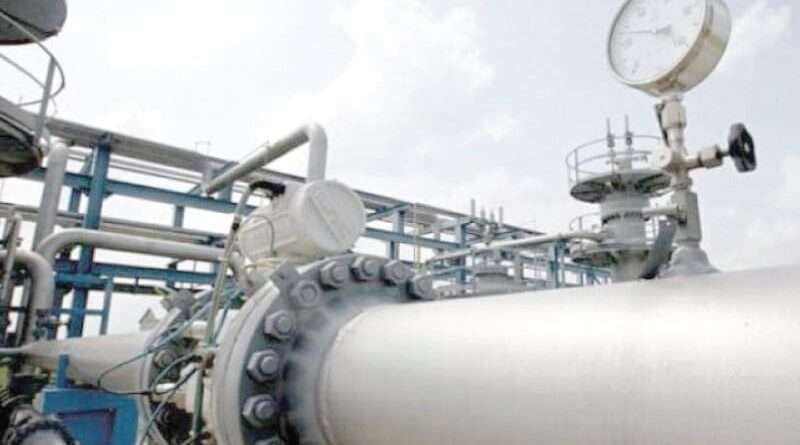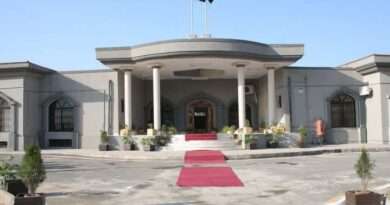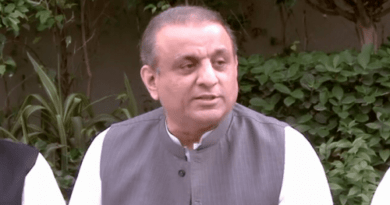Sindh Opposes Gas Sale Framework
|
Getting your Trinity Audio player ready...
|
The province of Sindh has expressed strong opposition to the proposed framework allowing the sale of 35% of local gas to private entities. This decision, if implemented, is projected to impose an additional burden of Rs243 billion on residential consumers over the next five years due to the increased reliance on imported gas. The matter has sparked significant debate and concern within various levels of government and the energy sector.
Background
Sindh’s Stance
Sindh has consistently resisted the approval of this framework, arguing that the decision was made without proper consultation and would unfairly disadvantage residential consumers. The province’s representatives have stressed that the framework’s approval process lacked transparency and did not adhere to the established procedures.
ECNEC Meeting Controversy
The Executive Committee of the National Economic Council (ECNEC), chaired by Deputy Prime Minister Ishaq Dar, discussed the framework without officially placing it on the meeting agenda. This approach has drawn criticism from Sindh, which claims the summary was not distributed beforehand, preventing informed debate.
The Council of Common Interest (CCI) Decision
January 2024 Decision
The CCI had previously allowed gas exploration and production companies to sell up to 35% of their output to third parties, provided the overall demand was met first. This decision was contingent on ECNEC’s endorsement, which Sindh argues has not been appropriately sought.
Sindh’s Objections
Sindh’s government has pointed out that the demand of residential consumers has been overlooked in favor of private sector sales. They argue that the CCI’s conditions for meeting overall demand were not fulfilled, thus the framework should not proceed.
Implications of the Gas Sale Framework
Financial Impact on Consumers
The Sui Northern Gas Pipelines Limited (SNGPL) has projected that allowing private entities to purchase 35% of gas directly from producers would result in an additional Rs243 billion cost for consumers from 2025 to 2030. This cost arises from the need to use more expensive Re-Gasified Liquefied Natural Gas (RLNG) to meet demand.
Impact on Gas Allocation
The decision to prioritize private parties in gas sales raises concerns about the equitable distribution of resources. It could result in reduced indigenous gas supplies and higher costs for residential consumers.
Government and Regulatory Responses
Internal Government Disagreements
Within the government, there are differing opinions on the implementation of the CCI decision. To address these differences, a committee led by Ishaq Dar was formed. However, the inclusion of representatives from private companies in the committee has led to concerns about conflicts of interest.
SNGPL’s Position
SNGPL has highlighted that the decision would shift high-paying RLNG consumers to third parties, increasing RLNG diversion costs and gas losses. They advocate for gas utilities to be allowed to purchase and sell gas competitively without regulatory constraints.
Framework Details
The framework permits third parties to use existing gas networks or establish their own infrastructure for transportation. Prices charged to third parties must align with OGRA-notified wellhead gas prices for respective zones.
Conclusion
Sindh’s opposition to the gas sale framework underscores the broader concerns about resource allocation, financial impacts on consumers, and the decision-making processes within Pakistan’s energy sector. The controversy highlights the need for transparent, inclusive, and well-considered policies to ensure fair and equitable access to energy resources.
Frequently Asked Questions (FAQs)
1. What is the primary concern of Sindh regarding the gas sale framework?
Sindh is primarily concerned that the framework will impose an additional financial burden on residential consumers due to the reliance on imported gas.
2. How much is the projected additional cost to consumers if the framework is implemented?
The projected additional cost to consumers is Rs243 billion over the next five years.
3. What was the CCI’s original decision regarding gas sales to private parties?
The CCI had allowed gas exploration and production companies to sell up to 35% of their output to third parties, contingent on meeting overall demand first.
4. Why did Sindh oppose the discussion of the framework at the ECNEC meeting?
Sindh opposed the discussion because the summary was not distributed beforehand, preventing informed debate, and they argue that the residential consumer demand was neglected.
5. What are the implications of prioritizing private parties in gas sales?
Prioritizing private parties in gas sales could reduce indigenous gas supplies, increase costs for residential consumers, and shift high-paying RLNG consumers to third parties.
ALSO READ:
https://skipper.pk/2024/11/28/us-tops-the-list-as-largest-importer-of-pakistani-goods/




